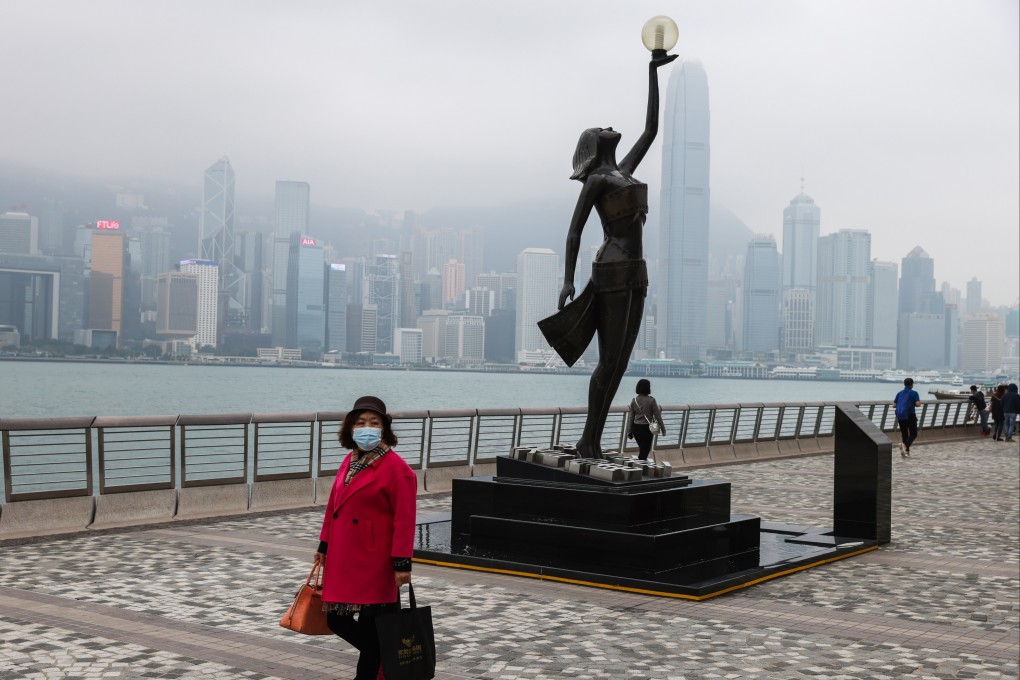Coronavirus: Visitor numbers for Hong Kong continue to plunge as tourism lawmaker calls for clear criteria on border opening plans
- Number of visitors coming to Hong Kong decline 97.4 per cent from last, number of leisure travellers ‘close to zero’, tourism board says
- Tourism sector lawmaker says mainland only hope for business, calls on government to specify criteria for border reopening

The Hong Kong Tourism Board reported a 97.4 per cent drop in the number of visitors in 2021, as the lawmaker representing the industry urged the government to clearly establish the criteria for reopening the border with mainland China.
The number of arrivals fell from 3.57 million in 2020 to 91,398 last year and the number of tourists was “close to zero”, according to figures the board released on Monday.
“With anti-epidemic measures involving boundary or border control, the majority of inbound travellers visited Hong Kong for family visits or out of necessity,” it said.
Despite being eligible for the long-running solo traveller scheme since 2003, the number of arrivals from the mainland in 2021 fell 97.6 per cent from 2.76 million to 65,694.
Tourism sector lawmaker Perry Yiu Pak-leung said he was not surprised by the sharp decline, adding that strict border controls had taken a heavy toll on the industry “with no end in sight”.
He called on the government to clarify the criteria required for the resumption of cross-border travel to the mainland, saying that it was the only hope for the sector.